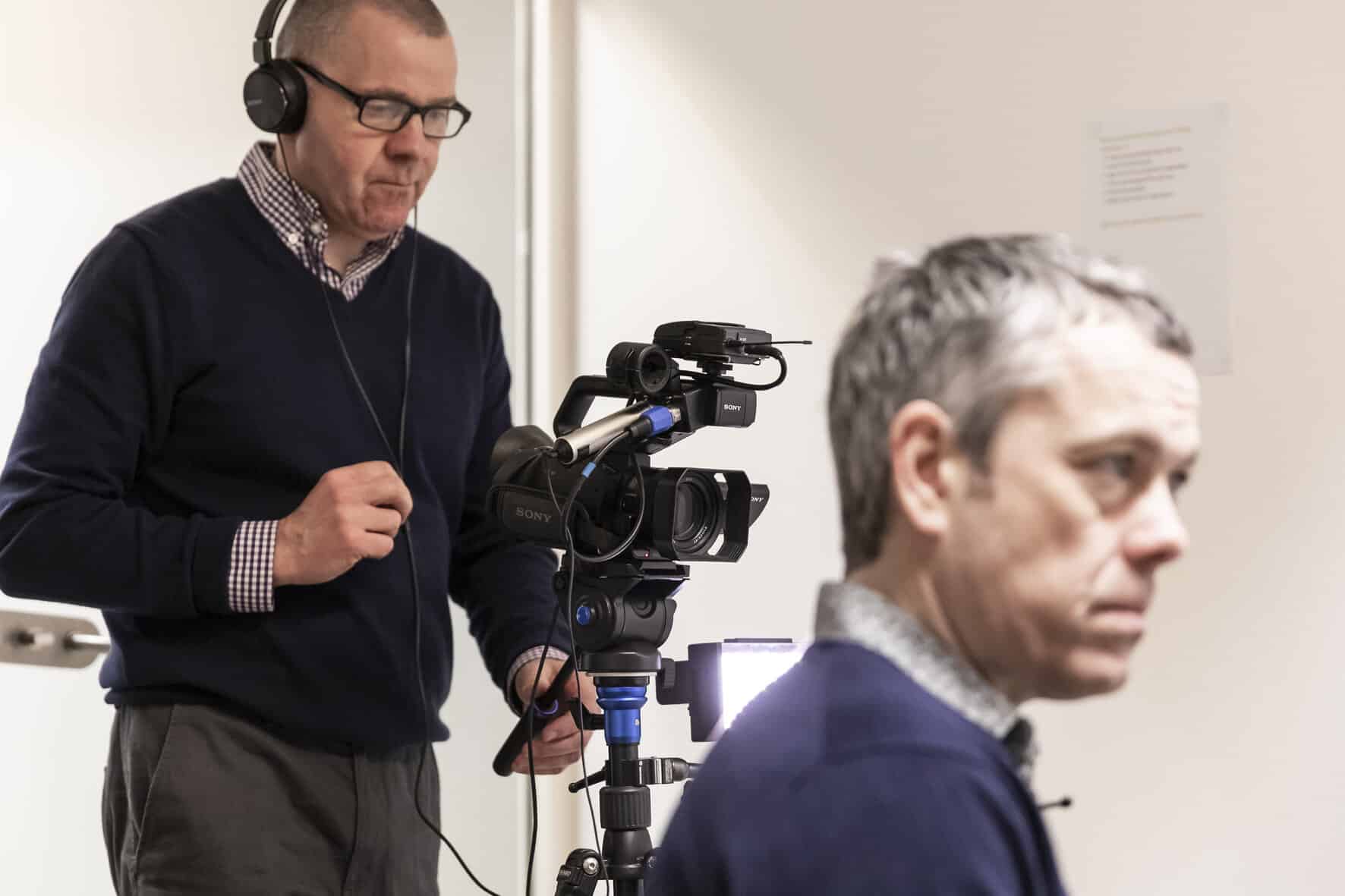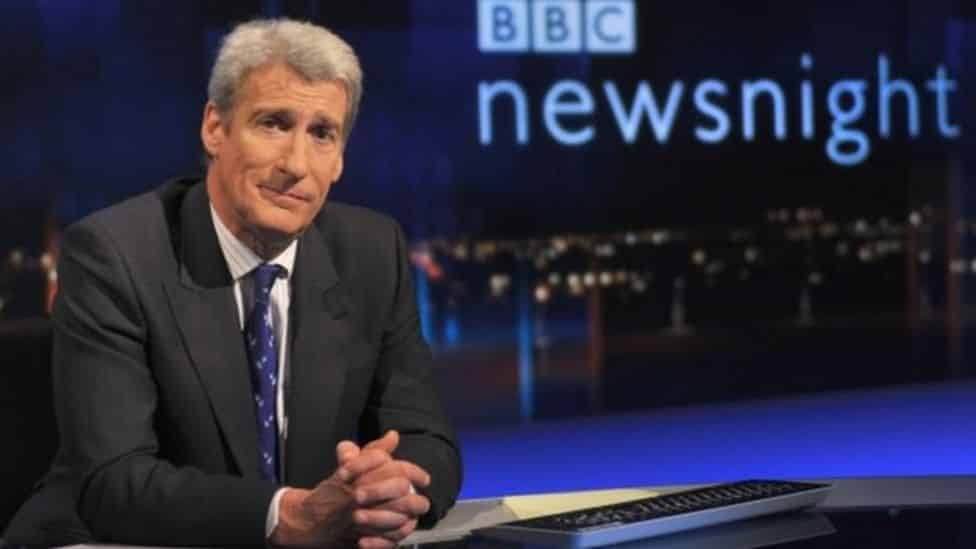Ten Tips for Surviving Aggressive Interviews
The tricks journalists use in an aggressive interview are small in number and well known; and in reality, really aggressive interviews are rare. But if you think your spokesperson, or you, could be facing aggression, here is a checklist of things to do or think about.

1. Rehearse your messages
As with all interviews, there is a need for rehearsed, thought through messages. Always ensure there is something credible to say.
2. Identify the tough questions
Once you have your messages, work out what the tough questions are likely to be. Politicians and even senior bosses are in a much more difficult position than most, because they can often be legitimately asked about a very wide range of subjects. For others, the scope is more limited and anything outside the scope can be ‘closed down’ by simply explaining you are not the right person to answer the question.
3. Work out the answers!
Now you have worked out the tough questions, work out the answers but keep them as short as possible. These are called ‘reactive lines’ and are different to your messages. You don’t offer a reactive line unless asked the question.
4. Don’t lie
The hardest ‘reactive lines’ are the ones where you can’t tell the truth and you can’t lie. In my experience, there is always a way but it can take a few minutes to work it out. However tempting it is, never ever lie. If you lie and are caught out which in these days is highly likely, you will lose credibility for ever.

Jeremy Paxman, former BBC Newsnight presenter perfected the ‘rabbit punch’ question.
5. Beware the rabbit-punch
Beware the ‘rabbit punch’ question: a tough destabilising first question, often unexpectedly personal. It’s a technique that was often used by the now-retired UK journalist, Jeremy Paxman. A couple of his classics: to politician and former cabinet minister Ann Widdecombe ‘Were you a little in love with Michael Howard?’ To the Iranian ambassador ‘Sir, your country is lying to us isn’t it’. To deal with this you need to respond briefly and if appropriate with wit and then move on to saying something credible and relevant.
6. Slow down
If the questions get tough, slow down your answers, it will give you more thinking time.
7. Avoid jargon
Do not start using jargon and technical language; you will immediately lose the sympathy of the audience, and provoke the journalist to be more aggressive.
8. Be reasonable
Stay reasonable, even if the journalist isn’t, and be humble.
9. Say sorry
If you have made a mistake admit it and say sorry. If lawyers tell you, you cannot say sorry you will have to say you ‘understand’ concerns.
10. Don’t get personal
Don’t fight with the journalist. It’s better not to say ‘you’ at all. What I mean by this is don’t say, ‘you are wrong’, ‘I don’t know where you got that number from’, ‘you guys are all the same’, etc. If you make it personal the journalist is likely to increase their aggression. Your job is to stay reasonable and professional. In a Sky News interview from 2015, Kay Burley did her worst with the head of Merlin Entertainment, owner of the Alton Towers Theme Park, just after an accident on a ride called the Smiler. Five people were seriously injured in the incident and Burley ridiculously aggressive and unpleasant. Nick Varney, managed to survive a long aggressive interview, without ever losing his cool.
- A Behind-the-Scenes TV Cheat… and Why It Works - November 26, 2025
- What Should I Do With My Hands? - November 19, 2025
- A Jar of Marbles and the Power of a Simple Story - November 12, 2025




While Jeremy Paxman made his reputation using rabbit-punch questions, they progressively lost their power over the years, as interviewers adopted the method you outline in #5 above, and prepped for them.
“Paxo” didn’t seem interested – or able – to move on, and by the end of his time on Newsnight he’d become a parody of himself, his interviews increasingly reminiscent of this:
https://www.youtube.com/watch?v=TPDBeoUGnYE&t=115s
Sorry for the delay in approving this Robert and I completely agree that Paxman and Humphrys became a parody of themselves. However, I see Susanna Reid on GMB is adopting this rather tired interview style, but badly. ‘Are you honest Prime Minister? Answer: Yes and ….’Prime Minister we’ll get to all that but I want a straight answer!’ Well it doesn’t get much straighter than Yes. Aggression without the intelligence of say Eddie Mair or even, loath that I am to say it, Nick Ferrari, just sounds ridiculous.